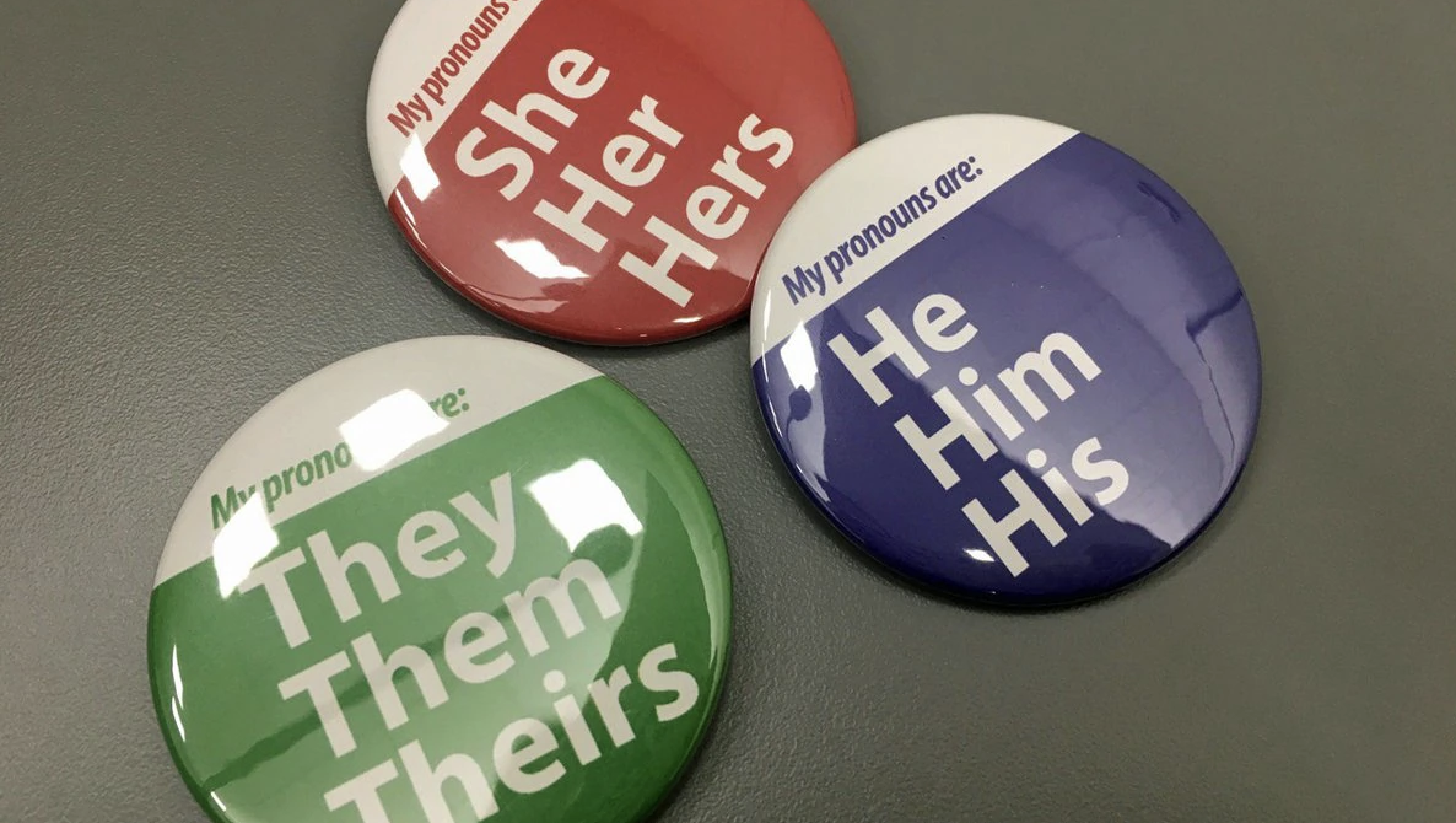
• Parents challenge policy on student names, pronouns
By Aedan Hannon
Casper Star-Tribune
Via- Wyoming News Exchange
CASPER — Lawyers for Sweetwater County School District No. 1 issued a blistering response on Monday to a lawsuit filed by two parents over the district’s use of their child’s preferred pronouns and name, calling their allegations “nonexistent” and arguing that the parents are trying to force their personal beliefs on the district.
Attorneys Kathleen Chaney and Eric Hevenor of the Denver law firm Lambdin & Chaney asked a judge to deny the legal request of Ashley and Sean Willey to stop Sweetwater County School District No. 1 from using their child’s preferred name and pronouns and prevent the district from requiring Ashley Willey, who is a special education teacher in the district, to use students’ preferred pronouns.
The Willeys sued the district’s board of trustees, Superintendent Kelly McGovern and three other district and school administrators for affirming their child’s transgender identity without their knowledge at Black Butte High School in Rock Springs.
They accused Sweetwater County School District No. 1 of engaging in “social transitioning” by using the child’s preferred name and pronouns, and they alleged that the school district’s policies violated the Willeys’ parental rights and religious beliefs.
In their response, Chaney and Hevenor argued that the Willeys have no factual or legal basis for their lawsuit since the student has gone back to using their given name and Ashley Willey has never been asked to use a transgender student’s preferred pronouns as a teacher.
With neither issue currently in practice, they say that U.S. District Court Judge Scott Skavdahl has nothing on which to rule.
“Plaintiff s’ desire to seek their fifteen minutes of fame and try this case in the press notwithstanding, there is no justiciable issue in controversy and no need exists for a preliminary injunction,” they wrote.
The lawyers for the district deny that the school district has been “facilitating social transitioning” or performing “medical/mental health interventions” by using the student’s preferred names and pronouns, writing that the district’s use of preferred names is “out of respect for the student’s wishes.”
They also take issue with the Willeys’ assertion that the school district is violating their parental rights, arguing that the lawsuit seeks to allow Ashley Willey to defy the parental rights of another family with a transgender student.
“In short, Plaintiff Ashley Willey isn’t seeking to advance any particular legal principle, but instead is attempting to use this Court as a cudgel to enforce her personal preferences as law,” Chaney and Hevenor wrote.
The Willeys’ complaint accuses the district of using their 16-year-old child’s requested male pronouns and name in school while using the child’s given name and gender when communicating with the Willeys, concealing information about the student’s gender identity from them.
At the beginning of the 2021- 2022 school year, the child requested that the district use a different name and pronouns without revealing the change to the Willeys.
The district followed the student’s wishes to use male pronouns and a different name even after, more than six months later, the Willeys learned about the request and insisted that teachers refer to the child as a girl, according to the complaint.
The lawsuit suggests that the student, who is a victim of childhood sexual trauma and has PTSD and ADHD, felt pressured by peers and the district to identify as transgender.
The Willeys argue that the school district’s decision to reinforce the child’s gender identity was “antithetical to her health and well-being.”
The complaint states that the school district’s decision to follow the child’s gender identity also violated the Willeys’ religious beliefs, which do not recognize transgender people.
“In facilitating ‘social transitioning’ without informing parents, Defendants are directly interfering with the parent-child relationship by prohibiting parents from exercising their fundamental rights as the primary decision makers for their children,” attorney Henry Bailey Jr. and lawyers with the Georgia-based Child and Parental Rights Campaign wrote in the complaint.
In addition to asking Skavdahl to prevent the school district from using the child’s preferred name and pronouns, the Willeys are also seeking monetary damages for emotional distress and psychological harm to their family and the child for creating a rift between them.
Defending the school district, Chaney and Hevenor wrote that the repercussions of a ruling in the Willeys’ favor could be severe.
Complying with their requests would put the district at odds with Title IX and federal discrimination laws, risking federal funding, according to the school district’s response. Chaney and Hevenor insist it would also open “Pandora’s box of potential outcomes.”
They use the example of a Hindu student disobeying their parents’ religious teachings in asking if the district’s cafeterias would have to stop serving beef.
“Could that not be considered assisting the student in transitioning to a meat-based diet?” they wrote. “The Ku Klux Klan frames itself as a white Christian organization. Would accommodating their religious beliefs require a return to segregation? Of course not,” they added.
The Willeys and their lawyers have until Monday to respond to the school district before Skavdahl makes a decision on a preliminary injunction.






